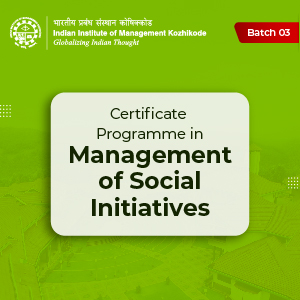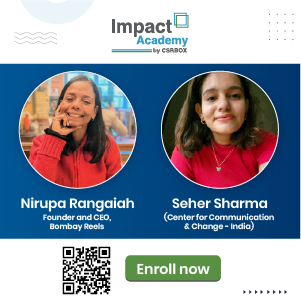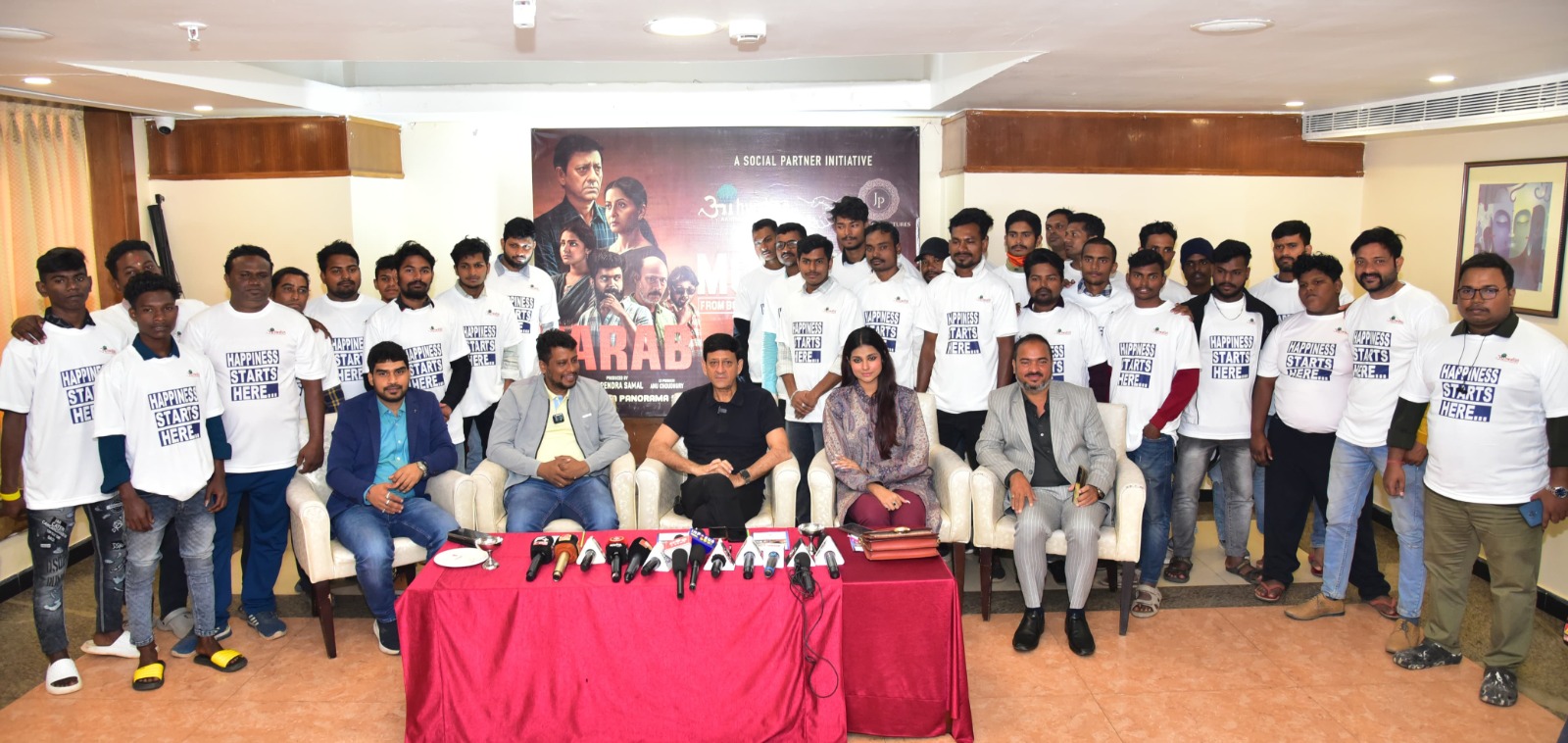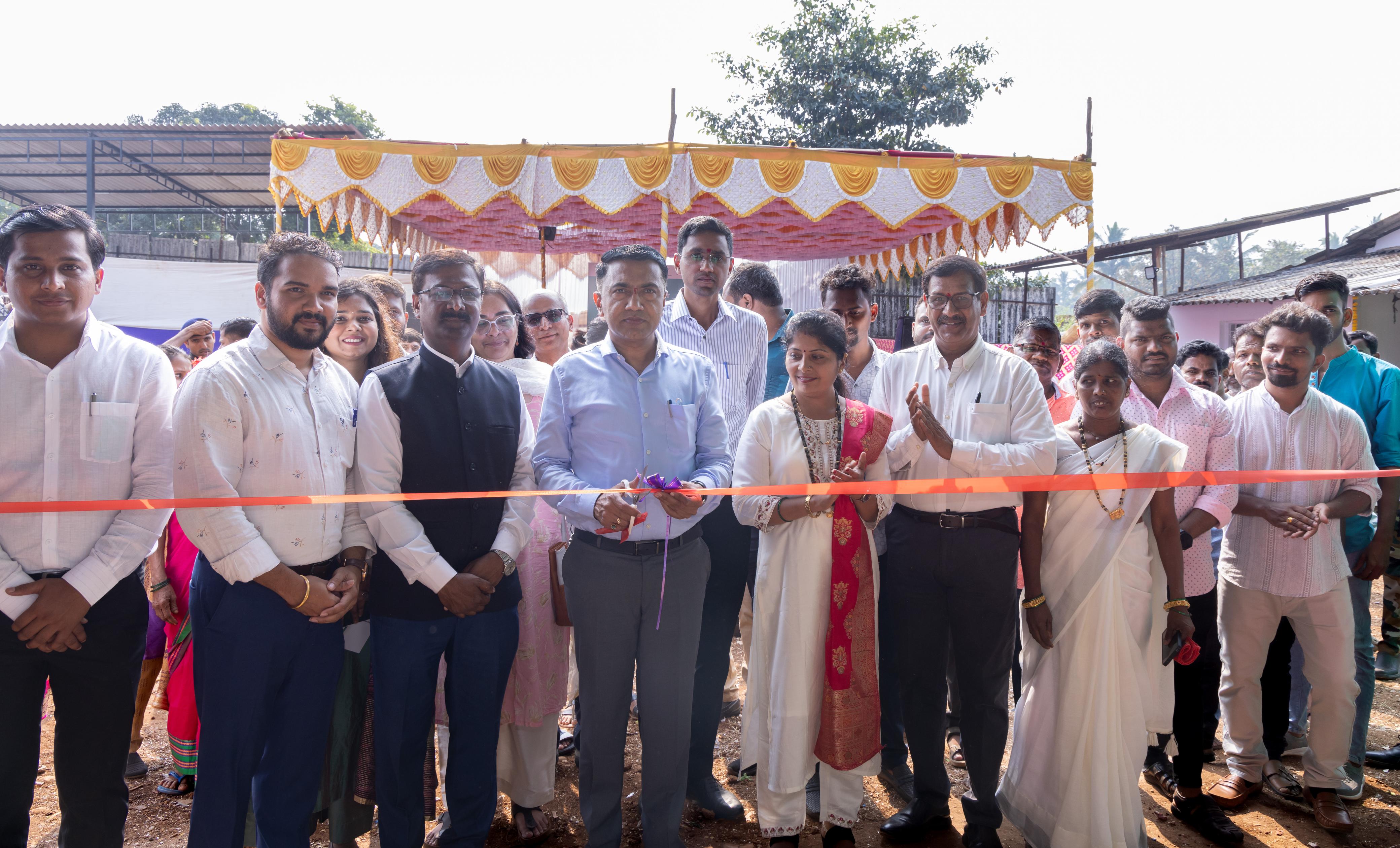Subscribe our Weekly Newsletter
RFP - Action-oriented research on how downstream businesses can leverage their supply chains to promote a living income for mica pickers in India.

Organization: Terre des Hommes Netherlands (TdH NL)
Apply By: 15 Jan 2025
About the Organization
Terre des Hommes Netherlands (TdH NL) is one of the leading child rights-based organisations working in 18 countries. The organisation aims to protect children by preventing and stopping child exploitation and by empowering children to make their voices count. All our interventions are envisaged to accomplish our vision of ‘children flourishing in a world free of all forms of exploitation’ (like child labour or sexual exploitation of children) through concerted efforts on systemic change. It is driven by five core principles: Children at the centre, Safety and well-being, Intersectionality, Power Awareness and Sustainability. The organisation works together with children and their families, Governments, institutional mechanisms, civil society organisations, and the private sector.
TdH NL has been working in socio-economically disadvantaged regions in India since 1983 with special focus on women and children. At present the organisation is working in 27 districts of 6 states with 28 local NGO partners and reaching out to approximately 40,000 children and their families living in need of care, protection, and a perspective for a better future.
About the Proposal
The mica mining belt of Jharkhand is one of the most disadvantaged geographic regions due to various socio-economic and political factors and regional disparities. The area was severely affected by left-wing extremist activities for many years. Mica mining and associated activities used to be the most lucrative livelihood options (though it caused environmental degradation due to unregulated mechanised mica mining activities) prior to the formal ban in the early 1980s due to the promulgation of the Forest Conservation Act (1980). But in the absence of alternative livelihood options (with special mention of the population living at the uppermost nodes of the Mica supply chain), people continued to depend on mica mining (using hand tools) and other associated preliminary mica processing activities to meet basic survival needs. The informal nature of mica supply chain is not only happening through labour-intensive ways of digging and picking mica scraps but also exploitative, as the selling prices depend upon the whims and wishes of the informal Mica supply chain actors. The very low volume of mica collection per family and sales at low prices continued to deteriorate the socio-economic conditions from which children have suffered the most.
TdH NL’s intervention to eliminate Worst Forms of Child Labour (WFCL) by sustained removal of children from working in Mica mining activities has been ongoing since 2016 through comprehensive programming and linking mica-dependent populations with the services and facilities available under the mainstream development programme of the government. The intervention has been based on a research study ,1
which had estimated 22,000 children working in the mica collection in the states of 2 Jharkhand and Bihar in India. Furthermore, a recent study jointly commissioned by 3 TdH NL and the Responsible Mica Initiative (RMI) has reported 806 villages as mica-dependent villages; 83% (670/806) of which exist in Koderma and Giridih districts of Jharkhand.
In addition to the community empowerment programme, TdH NL pursued concerted 4
advocacy efforts through a research study , engagement with the CSO network, and drawing the attention of lawmakers through various means (such as inclusion of “Dhibra” (mica scrapes) in their election manifesto, raising questions in the State Assembly). The collaboration with RMI has culminated in the announcement of Dhibra as a formal livelihood option by the Government of Jharkhand. The formalisation of 5
Dhibra through the Dhibra policy also envisages ensuring living income for mica workers through appropriate institutional mechanisms in the handling of mica from source to the point of sale under the aegis of the nodal agency JSMDC (Jharkhand State Mineral Development Corporation Limited - Government agency).
RMI conducted two studies in 2023: one on calculating the living income for mica workers in Jharkhand and Bihar and one on the economic (price) effects of paying a living income on the price of products like paintings and from the cosmetics sector (lipstick, nail enamel, and eye shadow) sold in Europe. The Living Wage Study on the living incomes for the mica mining families in Jharkhand and Bihar shows that there is a gap of a factor of three to five between the current incomes earned by families and a living income needed to meet the basic needs of a family. The economic study shows that the price effect on products containing mica when paying living incomes is neglectable.
Given the long mica supply chains and the complex political context, realising a living income is not an easy process. Therefore, TdH NL conducted a study on how cooperatives and cooperative models - setting up mica cooperatives is a requirement by the regional government in the Dhibra policy - can contribute to earning a living income for the mica workers.
The Research Study
The new study shall refer to the findings of the three above-mentioned studies and build further on them. All three studies will be made available to the selected candidate/researchers by assignment of the contract.
- Beauty and Beast -2016
- Know more about Mica Workers - Study on the situation of households and workers reliant on Mica picking to earn their livelihood in Mica belt of Jharkhand & Bihar (India). Global MICA Committee_ Study on Mica dependent villages in India
- RMI is a multi-stakeholder initiative consisting of around 100 companies from different sectors using mica for their products and TdH NL and TdH Germany. TdH NL as a founding member has a permanent board seat in the RMI board.
- Pragmatic Policy Solution for Dhibra (Mica scraps) Pickers of Jharkhand 2019
- It refers to Mica scraps found in the leftover dumps from erstwhile mechanised Mica mining activities prior to the imposed ban by the Government (Forest Conservation Act 1980.
Research proposal
- Based on existing studies (see chapter 3.0), TdH NL proposes action-orientated research on the question of how downstream businesses can take concrete steps to have a positive impact in their supply chains in working towards a living income for mica pickers in India, taking into account the complexity of the mica supply chain on the one hand and the complex political and economic context in the mica mining regions on the other hand.
Objective of the research study
The research study aims to explore options on how downstream businesses can work towards guaranteeing a living income and to get recommendations, e.g., on how to start the dialogue with suppliers and how to take (first) steps in solving one of the root causes, poverty, for WFCL within the limitations of competition law. The objectives of the research study are briefly described as follows:
- To provide in-depth insights about existing and successful living income initiatives throughout (an)other supply chain(s) through desk review, identifying success factors, concrete actions, and stakeholders involved.
- To gather information about and present best practices and learnings on living income initiatives for workers created by downstream companies in different sectors.
- To analyse the roles for the stakeholders and the procedures that ensure effective and efficient functioning of living income initiatives.
- To provide information about the obstacles experienced by and possible solutions for downstream companies when taking steps towards a living income for workers.
- To analyse how downstream companies can contribute to a living income for the workers.
- To suggest a workable, economically viable, and scalable action plan for downstream companies where they can learn about and take concrete steps for working towards a living income for the mica workers.
- To provide recommendations to a group of downstream companies about working towards a living income and spreading these as well as the action plan under Original Equipment Manufacturers (OEMs) as an important step to mobilise more downstream companies to take action towards living income in the mica picking sector.
Scope of the research study
- The research study will cover the action perspective of downstream companies, preferably OEMs. It is not necessary to calculate the living income gap or the price effect of products containing mica caused by the fact that living incomes are paid. This is already covered by studies conducted by RMI (see 3.0). The research study is not an academic or quantitative research study, but a qualitative, action-orientated one. The target groups are mainly companies (OEMs), members of RMI (mica-using companies from different sectors), members of Drive Sustainability (an association for sustainability of the automotive sector). The country focus is, given the target group, the Netherlands and other European countries where Mercedes-Benz (Germany) and other OEMs are based.
Responsibilities
The action-oriented research study is foreseen to move forward by adopting a well-defined methodology, collecting the desired information through developing tools and administering procedures for a smooth conduct of the research. The suggested steps are as follows:
- The researcher(s) will seek an overall view and strategic inputs about the background and the purpose of the research study from the Thematic Child Labour Programme and Country Team members working for the cause of mica workers in India.
- TdH NL to assign a ‘Focal Point Person’ for coordination with the researcher(s) to ensure smooth conduct of the research study.
- The focal point person assigned by TdH NL shall work closely with the researcher(s) to arrange the desired access to information and relevant parties. ● The researcher(s) will develop a work plan with activities in a time frame and will have regular update meetings with the focal point person.
- The findings and the action plan of the research will first be presented to the TdH NL team before being designed into the final layout of the report.
Deliverables of the research study
In conformity with the objective of the study, the researcher(s) are expected to deliver the following:
- Action-oriented report with work plan, research questions, methodology, data collection tools, and interview questionnaires.
- Submission of all raw quantitative and qualitative data (transcript, data entry in Excel) and all clean datasets for data analysis (quantitative and qualitative). ● Final data analysis outputs that are used for reports and slide presentations. ● Final research study report by addressing all comments/feedbacks from TdH NL staff involved and key stakeholders interviewed or of strategic importance. ● Researcher(s) will also lead the kick-off meeting and present the salient features of the research study report with the TdH NL Country and HQ team members.
- An action plan/action framework for companies is a key deliverable on how and which steps to take towards a living income for the workers in their mica supply chain. The action plan has to be insightful, feasible, and easily understandable by OEMs and other businesses so that it is approachable by businesses/ business units.
- Provide a presentation for Mercedes-Benz and a dissemination workshop about the findings and recommendations with other companies.
TdH NL will oversee the process and maintain responsibility for accountability and guidance throughout all phases of execution and approval of all deliverables.
Eligibility
The researcher (and/or team of researchers) engaged to undertake the assignment must fulfil the following requirements:
- At least 5 years of experience working in the corporate sector and in conducting research, especially qualitative research;
- Knowledge of WFCL, child exploitation, and child protection in any supply chain would be an added advantage;
- Knowledge and understanding of the concept of living income; ● Proven experience in development research studies, preferably with an INGO assignment related to at least one supply chain management;
- Outstanding facilitation and presentation skills to communicate with a range of stakeholders (private sector and other stakeholders) in English;
- Excellent analytical and report writing skills in English.
How to Apply
dH NL Head Office invites interested individuals and companies to submit the following application documents:
Letter of expression of interest;
Profile of the consultant/research institute, including subject matter expertise and experience in similar assignments related to living wages/living income;
Latest, updated Curriculum Vitae (not more than 2 pages) of each of the persons in the research team;
Two samples of any relevant written report, write up or publication(s);
A technical proposal (maximum 20 pages), which includes:
- Background
- Objectives & draft study questions
- Proposed approach and methodology
- List of activities and detailed execution timetable
- Expected outputs
A financial proposal with proposed daily fee rate and estimated travel and research costs;
Annexes (if any).
Please address queries and applications to the sr. Private Sector Engagement Officer of TdH NL’s Head Office at the following email address: k.ullrich@tdh.nl. The deadline for applying is no later than 5:00 PM CET, 15 January 2025.
For more information please check the Link
Latest Online Store
Latest Grants
Latest News
© Renalysis Consultants Pvt Ltd

.png)























.jpg)
